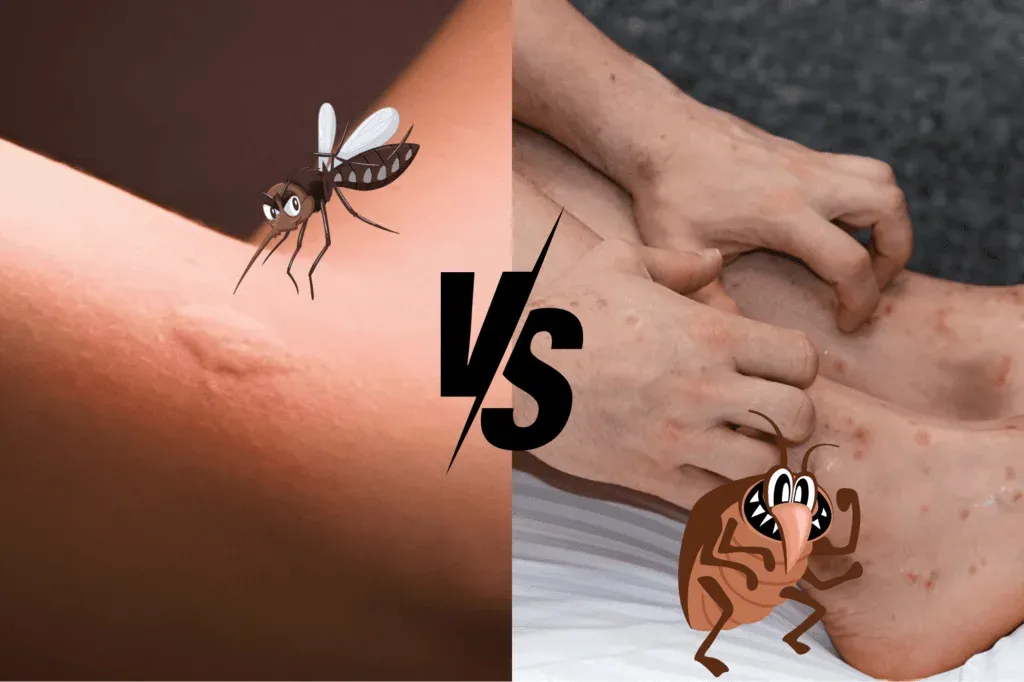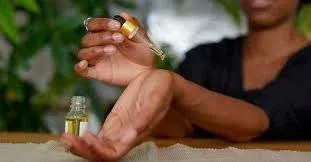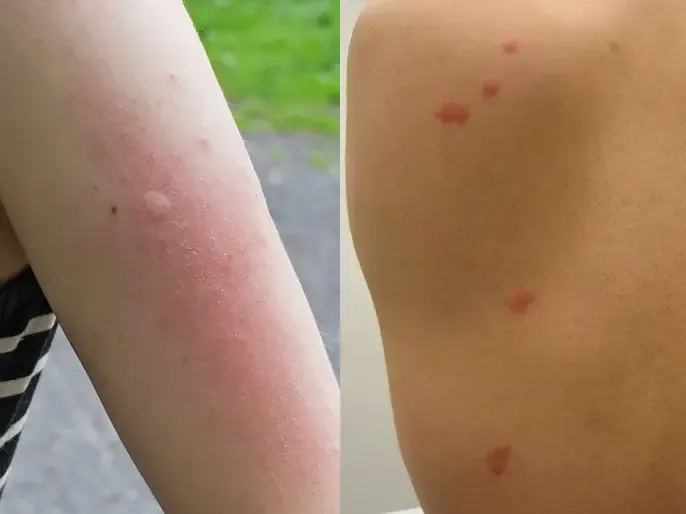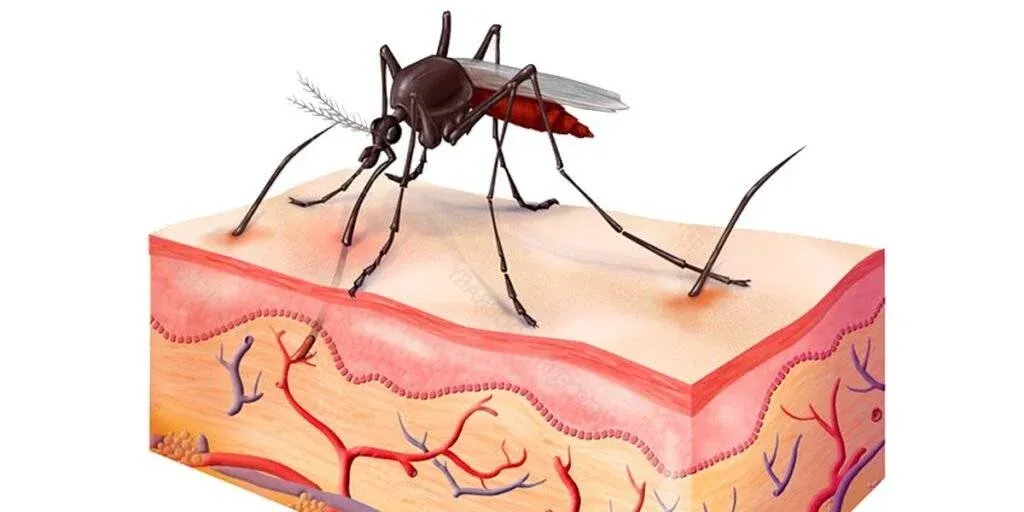| Author | Dr. Alex Thorne |
| Credentials | Board-Certified Entomologist and Clinical Toxicologist |
| Author Bio | Dr. Thorne specializes in venom research and emergency first aid. |
| Medically Reviewed By | Dr. Elara Vance, M.D., F.A.C.E.P. (Board Certified Emergency Medicine) on October 25, 2025. |
| 💡 Quick Answer |
| NO, taking Vitamin B1 (Thiamine) does not stop mosquito bites. This is a widespread belief and old folk remedy, but extensive scientific research and controlled studies have repeatedly shown that Vitamin B1, when taken orally, is not effective as a systemic insect repellent. Relying on B1 for protection against mosquitoes, especially in disease-prone areas, creates a false sense of security and is strongly advised against by entomologists and public health experts. |
The Science vs. The Myth
The theory behind Vitamin B1 (Thiamine) as a repellent is that taking large doses makes the skin excrete an odor, undetectable to humans but repulsive to mosquitoes. This theory lacks pharmacological support and has been largely debunked by high-quality studies.
| Aspect | Scientific Consensus | Rationale |
| Oral Effectiveness | Ineffective. Controlled human studies found no significant difference in mosquito attraction between subjects taking Thiamine and those taking a placebo. | Thiamine is an essential nutrient for mosquito larvae, and there is no evidence its breakdown products on human skin repel adult mosquitoes. |
| Topical Effectiveness | Inconclusive/Preliminary. Some small, recent pilot studies suggest that topical thiamine hydrochloride in specific formulations may provide some repellent effect, but this requires further validation. | This research is preliminary and has been met with critical commentary due to methodological flaws. |
| Risk of Reliance | High. Relying on Vitamin B1 can lead to inadequate protection in regions where mosquitoes carry serious diseases (e.g., West Nile virus). | The indirect harm of a false sense of security outweighs the minimal, unproven potential benefit. |
Comparison to Proven Repellents
When reliable protection is needed to prevent insect-borne diseases, proven, EPA-registered external repellents should always be the first choice.
| Repellent | Mechanism | Protection Time |
| DEET | Blocks insect olfactory receptors. | Up to 8–10 hours (30% concentration). |
| Picaridin | Interferes with insect’s sense of smell. | Up to 8–12 hours (20% concentration). |
| OLE | Plant-derived active ingredient (PMD). | Up to 6 hours (30% concentration). |
| Vitamin B1 | Allegedly produces skin odor. | 0 minutes (Ineffective in controlled studies). |
Safety Note
While oral thiamine supplementation generally has a low risk of direct harm (as it is water-soluble, excess is excreted), extremely high doses are not necessary or advised. For scientifically proven protection, use an EPA-registered repellent.
For a comprehensive analysis of the claims, one can refer to research in the scientific literature, such as the systematic review on this topic: Thiamine (vitamin B1) as an insect repellent: a scoping review.
Frequently Asked Questions (FAQ)
Is Thiamine the same as Vitamin B1?
Yes, Thiamine is the scientific name for Vitamin B1. Products promoting it as a repellent often use the name Thiamine.
Does Vitamin B make your pee smell different?
Yes, B vitamins, especially when taken in high doses (far exceeding the recommended daily allowance), are known to cause a harmless change in urine color and odor as the body excretes the excess water-soluble vitamins. This has led to the unproven belief that the altered smell extends to the skin and repels insects.
Where can I find more studies on B1?
Reports on this topic can be found in entomological and travel medicine journals. For instance, a search of the literature will show comprehensive reports such as: Testing vitamin B as a home remedy against mosquitoes.
Final Thoughts
So, does Vitamin B1 stop mosquito bites? The scientific answer is no, not reliably. While some people claim personal success, most studies show no strong evidence that thiamine alters body odor enough to repel mosquitoes.
That said, Vitamin B1 remains a valuable nutrient for maintaining energy and nerve health. If you want to stay bite-free, rely on proven repellents, protective clothing, and mosquito control practices.
Still, if you prefer natural remedies, taking Vitamin B1 won’t harm you just don’t expect it to be your main line of defense.







